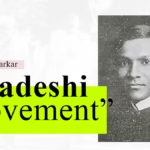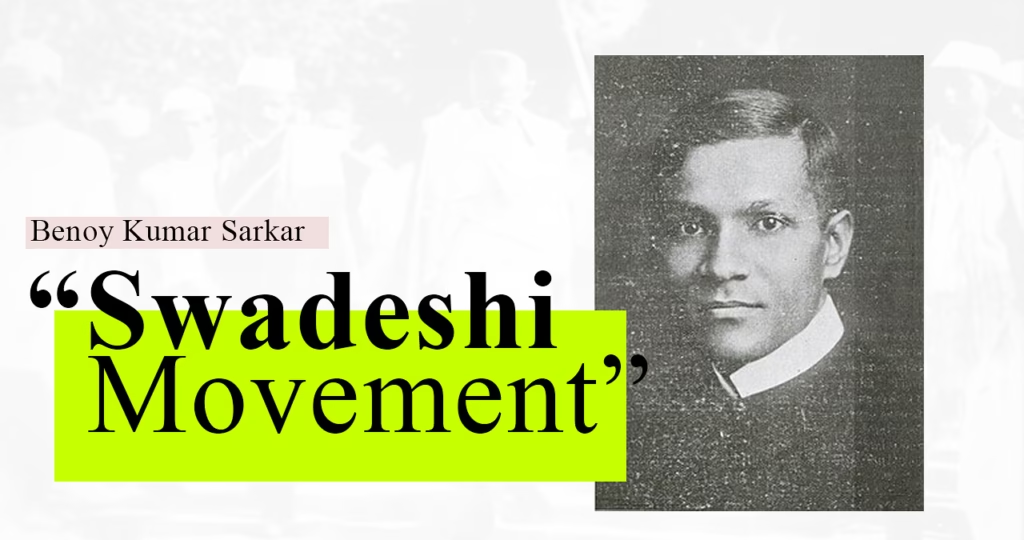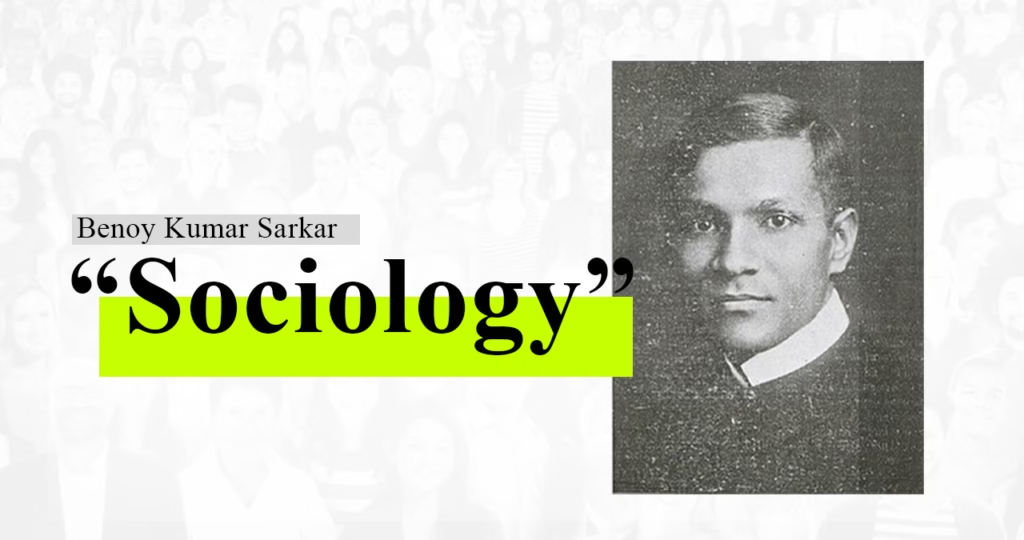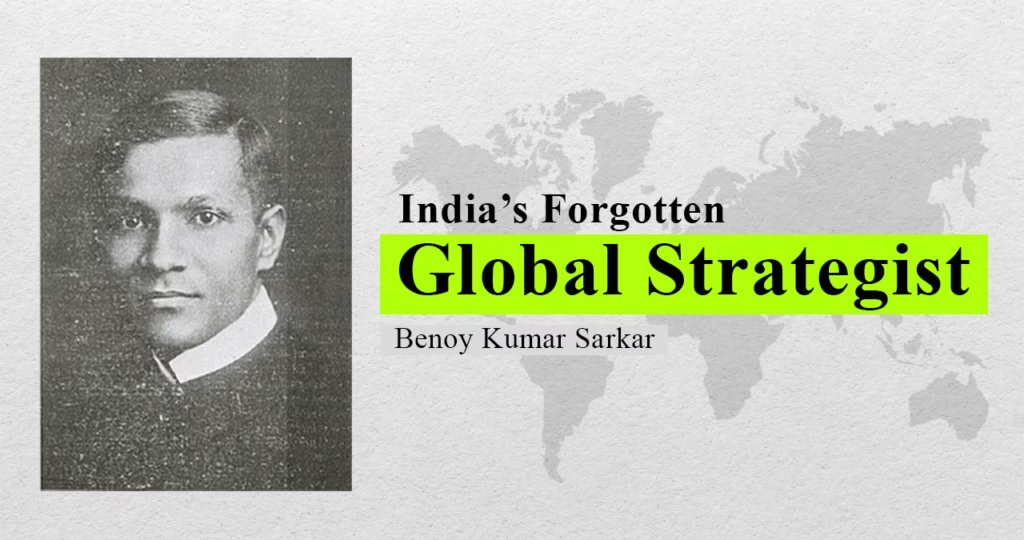Benoy Kumar Sarkar Malda — a name that deserves to be spoken with pride. Born in 1887 in a modest household in Malda district, Sarkar’s life is an incredible story of brilliance, patriotism, and purpose.
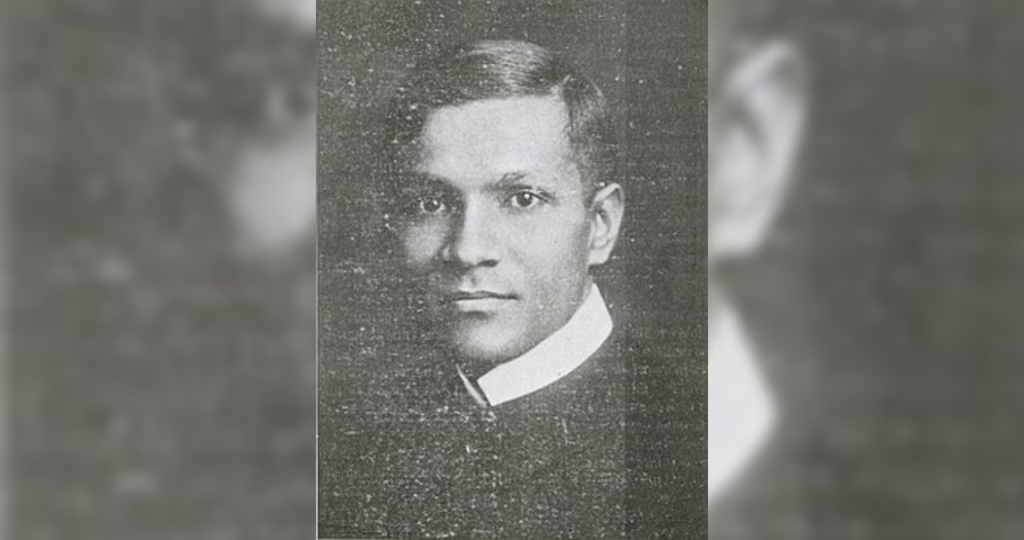
At just 13, he ranked first in the entrance exam of Calcutta University. But instead of choosing a luxurious British-sponsored future, he turned toward education reform and India’s freedom movement. His early achievements reflect not just personal genius but also the vibrant spirit of Malda in the Swadeshi era.
Benoy Kumar Sarkar was born on 26 December 1887 in Poratoli village, near English Bazar in the Malda district. His father, Sudhyanya Kumar Sarkar, worked as a clerk in the local court. Even in his childhood, Benoy displayed exceptional academic talent.
He studied at Malda Zilla School, where he consistently outshined his peers. In 1901, at just 13 years of age, he sat for the Entrance Examination of Calcutta University and emerged at the top. His remarkable performance earned him the prestigious Ishan Scholarship, which would typically secure a high government post under the British Raj.
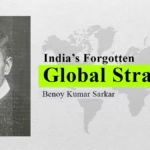 India’s Forgotten Global Strategist: Benoy Kumar Sarkar’s Hindu Theory of International relations in 1919. →
India’s Forgotten Global Strategist: Benoy Kumar Sarkar’s Hindu Theory of International relations in 1919. →Benoy Kumar Sarkar’s story takes a historic turn when he rejected both the scholarship and a Deputy Magistrate position — a move that shocked many. His reason? Total commitment to the Swadeshi movement and nationalist education. Inspired by thinkers like Swami Vivekananda and Satish Chandra Mukherjee, he believed India needed an education system rooted in her own culture, not one designed to create loyal subjects of the British Empire.
After Malda Zilla School, he joined Presidency College, Calcutta, and completed a double honors B.A. in English and History in 1905. Just a year later, he earned his M.A. in English — a feat very few could match.
Yet Benoy Kumar Sarkar did not limit himself to just textbooks. He became an early contributor to Indian social science, political theory, and cultural history. Eventually, he authored over 50 books in multiple languages, including Bengali, English, German, and Japanese.
While he went on to become an international scholar, Sarkar never forgot Malda. In 1907, he co-founded the Malda Jatiya Shiksha Samiti, aimed at building national schools that taught in Indian languages and reflected Indian values.
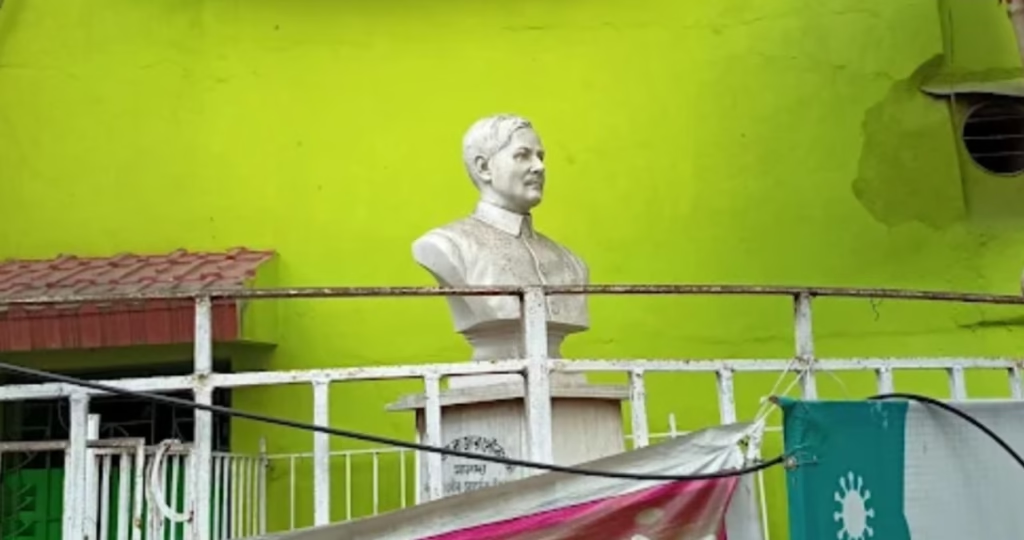
Through these schools, Benoy Kumar Sarkar wanted to uplift the local youth and free them from colonial influence. He even wrote textbooks in Bengali, such as Prachin Griher Jatiya Siksha, making complex historical ideas accessible to common people.
Benoy Kumar Sarkar’s story proves that true education isn’t just about scoring marks — it’s about transforming society. From the narrow streets of English Bazar to lecture halls in Europe and the USA, his ideas traveled across the world.
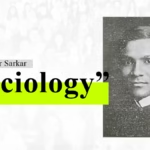 Benoy Kumar Sarkar and the Birth of Indian Sociology in 1914. →
Benoy Kumar Sarkar and the Birth of Indian Sociology in 1914. →Today, he is celebrated as one of the earliest Indian sociologists and political thinkers who built a global perspective from local roots. His decision to reject British rewards and stay loyal to his nation is especially relevant in today’s age of brain drain and cultural erosion.
The story of Benoy Kumar Sarkar Malda is more than a biography — it’s a blueprint for how intellectual power can be used to uplift a nation. At a time when India is rediscovering its forgotten heroes, Sarkar’s name must rise again — as a genius, a patriot, and a proud son of Malda.
Also Read: Malda Mango: Exploring the Best-Known ‘Aam’ of Bengal in 2025

